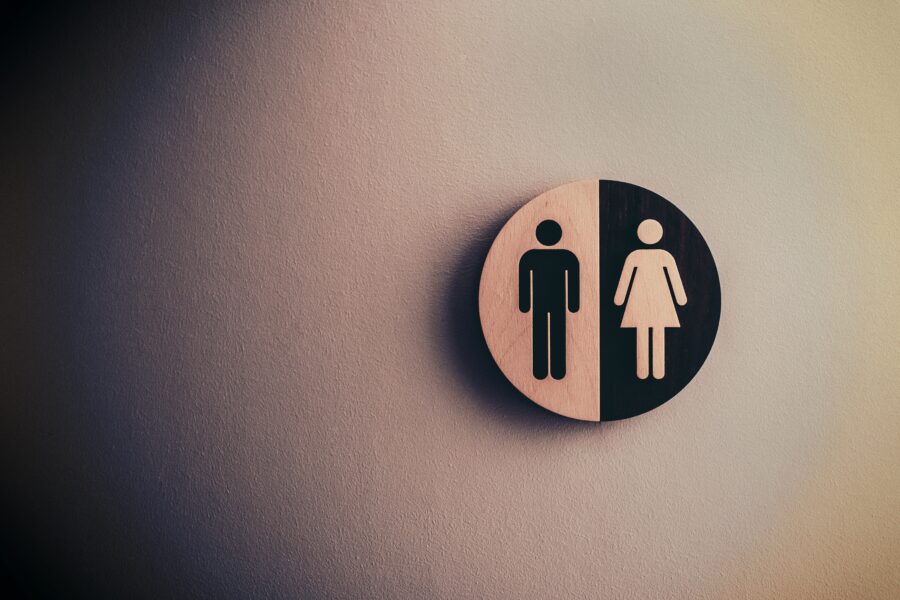The Elimination of DEI Can Lead to More Discrimination at Work

In his first days in office, President Trump signed a raft of executive orders that targeted diversity, equity and inclusion (DEI) programs across the federal government. Moreover, private companies have been ending their own DEI programs out of fear that they could be subject to civil rights actions. These developments, along with executive orders that revoke prior orders issued under the Equal Opportunity Employment Act, threaten to lead to a rise in workplace discrimination, both in the federal government and private industry.
In an Executive Order titled “Ending Radical And Wasteful Government DEI Programs And Preferencing,” President Trump effectively ended DEI efforts across the federal government. These offices were immediately shuttered, and their employees placed on paid leave as the first step to terminating their employment. This was just the first step towards ending policies that promote diversity and affirmative action.
Private businesses are also under threat of government lawsuits and enforcement actions if they continue their existing DEI programs. Many large businesses have rolled back or eliminated these programs. However, some companies, such as Costco and Microsoft, have indicated that they will stay the course.
DEI Programs Can Help Prevent Discriminatory Practices
DEI programs serve numerous purposes in a company that can place them at the vanguard of efforts to combat discrimination. DEI programs are not necessarily about preferences in hiring. Instead, these programs also involve efforts to collect statistical data about the employer’s hiring to learn where certain groups may be underrepresented in the workforce. DEI may also involve pay audits that survey how much certain groups make in the company, so it can reduce disparities in how much employees earn. In other words, DEI programs include the self-monitoring that the company needs to avoid discriminatory behavior.
Employees do not need to prove a direct intent to discriminate to win a lawsuit. They could use evidence of systemic bias in a company to prove their case. It is possible to win a case through the use of circumstantial evidence. Eliminating a DEI program may not be discrimination in itself, but it can lead a company to eliminate some of its own guardrails that can prevent illegal practices.
Without these DEI programs, companies will lack key metrics that they may use to reduce discrimination in the workplace and ensure that those in a protected class are treated equally with everyone else. Even if there is not an intentional attempt to discriminate against a certain employee, the company may not be as vigilant as it had been when it knew the exact effect of its personnel policies and actions in the workplace. Certainly, companies would not be able to redress prior discrimination, as they have often agreed to do in settlements of large-scale lawsuits.
Further, the Trump Administration has also gutted the Equal Opportunity Employment Commission. Shortly after taking office, President Trump fired the agency’s general counsel and two commissioners. The resulting vacuum at the agency may mean that the government would have less ability to file a complaint on your behalf (since you need to approach the EEOC first with a claim of discrimination). The aim of Project 2025 (the blueprint that many of the Administration’s actions are following) is also to take away the EEOC’s rights to regulate against workplace discrimination.
Just because DEI programs are being terminated, and the EEOC is being hamstrung, does not mean that discrimination is now legal. The Civil Rights Act is still in effect, and the federal and state court systems are still able to hear discrimination cases and grant relief. It is up to you to work with an employment lawyer to learn your rights and gather evidence that your employer has discriminated against you.
Contact a Georgia Employment Law Attorney Today
The Vaughn Law Firm fights for the rights of employees, both in the private and public sectors. We can help you take action when you have been the victim of discrimination in the workplace. You can schedule a free initial consultation with an employment lawyer by calling us today at 877-615-9495 or by visiting our website.




